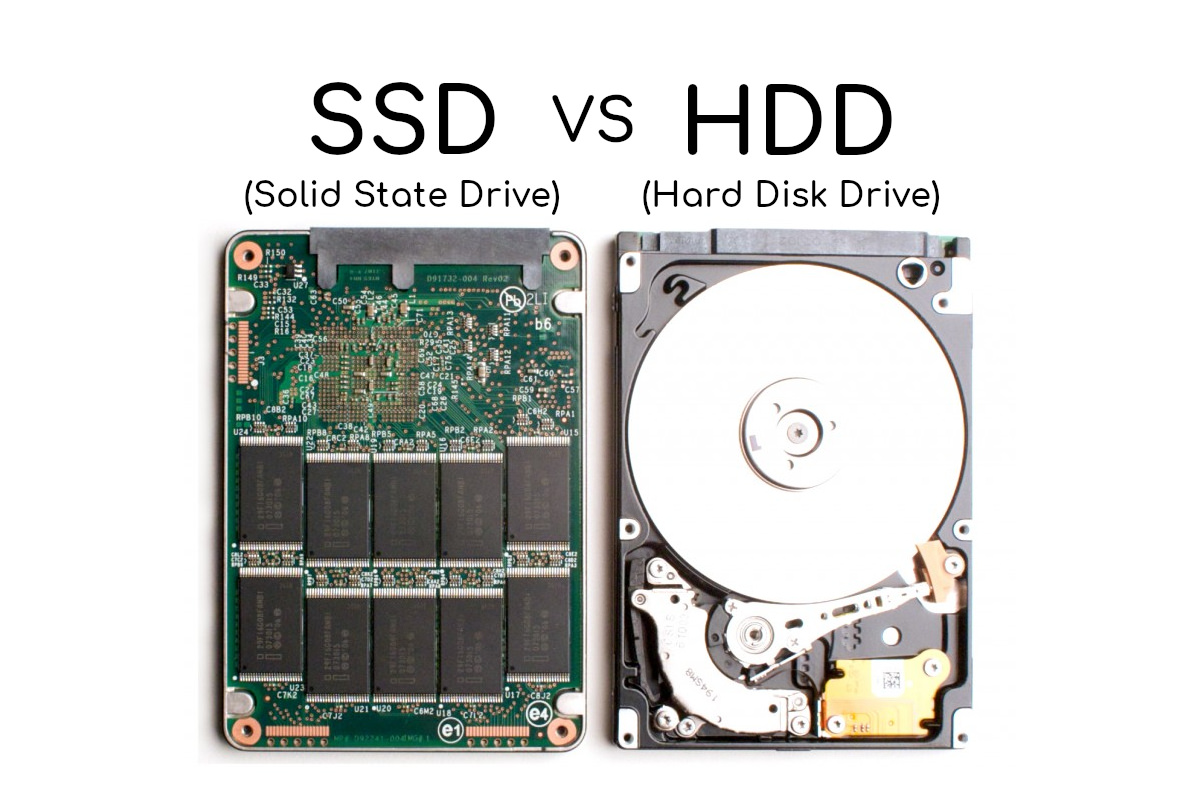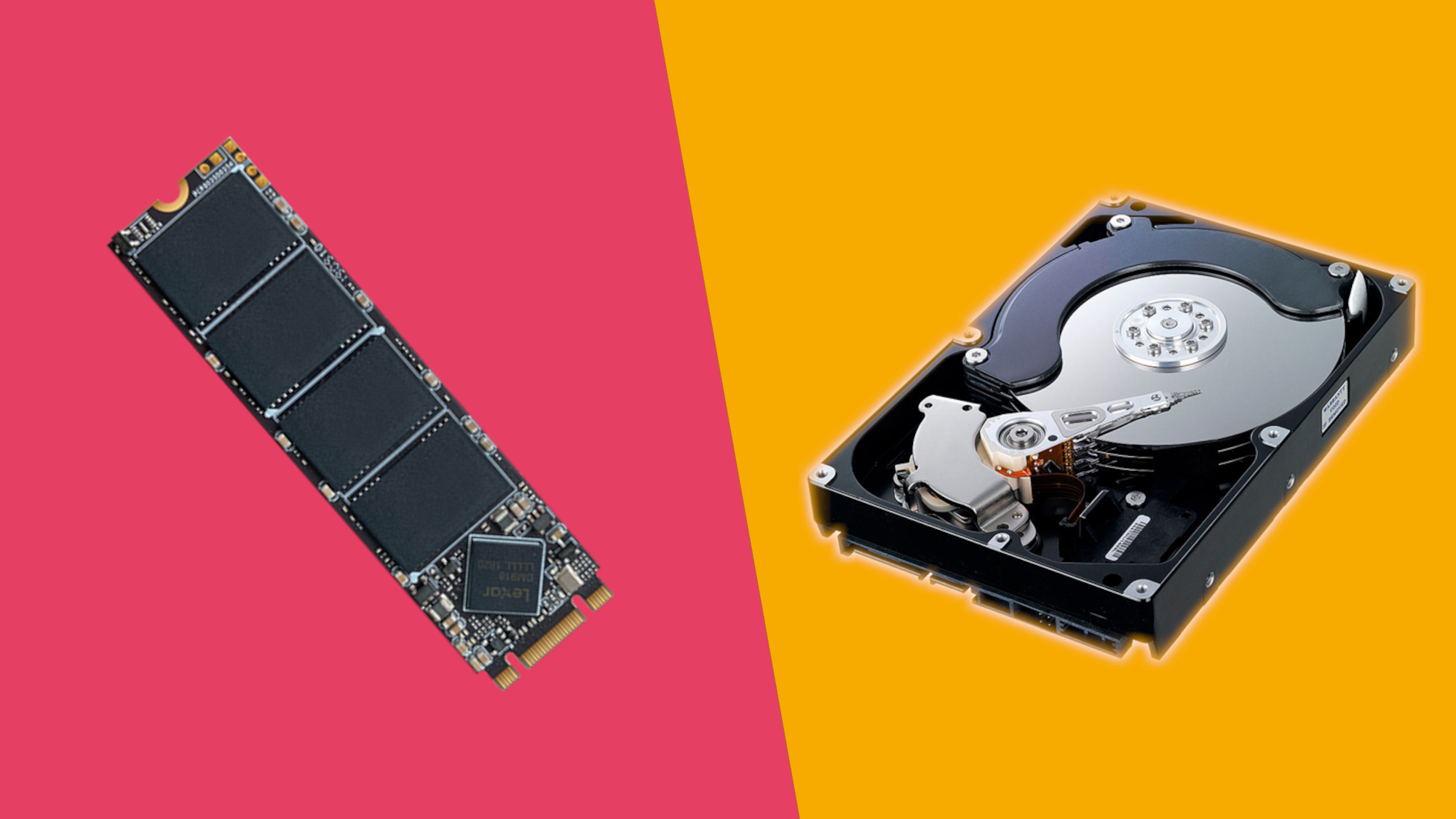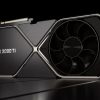The storage has undergone a dramatic transformation in 2025, with solid state drives (SSDs) emerging as the clear winner over traditional hard disk drives (HDDs). This technological shift represents more than just an incremental improvement—it’s a fundamental revolution in how we store, access, and interact with our digital data.
The superiority of SSDs over HDDs stems from their fundamentally different approach to data storage. While HDDs rely on spinning platters and mechanical components that have remained largely unchanged for decades, SSDs utilize flash memory technology with no moving parts whatsoever. This architectural difference creates a cascade of benefits that touch every aspect of computer performance and user experience.
Speed stands as the most compelling advantage, with SSDs delivering read and write speeds ranging from 500 MB/s to an impressive 3,500 MB/s or more, compared to HDDs’ modest 30-150 MB/s. This translates to boot times of just 10-15 seconds versus 30-40 seconds for HDDs, and application load times that are dramatically reduced across the board. The performance gap has become so significant that modern gaming consoles like the PS5 now only recognize SSDs, marking a clear industry shift away from traditional storage.
Beyond raw speed, SSDs offer superior reliability, energy efficiency, and durability that make them ideal for everything from gaming and content creation to professional workloads and everyday computing. As we delve deeper into 2025, the question isn’t whether SSDs are better than HDDs—it’s how much better they’ve become and why making the switch is no longer optional for optimal performance.
Unmatched Speed and Performance
The performance advantage of SSDs over HDDs has reached unprecedented levels in 2025. SSDs can deliver up to 20 times faster performance compared to HDDs, with the latest PCIe Gen5 controllers achieving read speeds of up to 14.5 GB/s. This speed improvement isn’t just theoretical—it translates into tangible benefits for every computing task.

Boot times represent one of the most noticeable improvements, with SSD-equipped systems starting up in seconds rather than minutes. File transfers that once took hours on HDDs can now be completed in minutes, while demanding applications like video editing software, CAD programs, and high-end games load almost instantaneously.
For gamers specifically, SSDs provide smoother gameplay with reduced micro-stutters and faster asset streaming, as modern games are increasingly optimized for SSD installation. Content creators benefit enormously from the enhanced read/write speeds when working with large raw video files and complex editing projects.
Superior Reliability and Durability
The absence of moving parts in SSDs creates a fundamental reliability advantage over HDDs. While HDDs are prone to mechanical failure due to their spinning platters and moving read/write heads, SSDs demonstrate exceptional resistance and durability. This makes them particularly valuable for portable devices and environments where physical impact is a concern.
SSDs also exhibit superior longevity under heavy workloads, maintaining consistent performance even during intensive data operations that would stress traditional HDDs. The enhanced reliability translates into better data protection and reduced risk of catastrophic storage failure.
Energy Efficiency and Environmental Benefits
Energy efficiency represents another crucial advantage of SSDs in 2025. Without the need to power spinning mechanisms, SSDs consume significantly less energy than HDDs, leading to extended battery life in laptops and reduced heat generation. The latest SSD controllers have achieved up to 50% reduction in power consumption compared to previous generations.
This energy efficiency contributes to cooler operation and silent performance, making SSDs ideal for quiet office environments and noise-sensitive applications. The reduced power consumption also supports environmental sustainability goals while lowering operational costs in data centers and enterprise environments.




